[caption id="attachment_1003719435" align="aligncenter" width="603"]
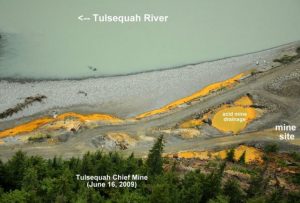 Tulsequah Chief mine property, June 2009. (Credit: Rivers Without Borders)
Tulsequah Chief mine property, June 2009. (Credit: Rivers Without Borders)[/caption]
BRITISH COLUMBIA –
Black Loon Metals, a private company, has reportedly backed away from a deal to purchase the former Tulsequah Chief copper-zinc mine 100 km south of Atlin.
The mine was closed 60 years ago, but acid drainage continues to pollute the Tulsequah and Taku rivers that flow across British Columbia’s border with Alaska. The Alaska government has repeatedly called on the province to clean up the site because it is so close to salmon spawning waters.
The B.C. government released an aquatic and ecological risk assessment last month with the determination that there are unacceptable risks from the ongoing acid mine drainage. But merely assessing a problem is not the same as solving it.
Tulsequah Chief has become one of the orphaned mining sites for which no one wants to take responsibility. It has had two owners in recent years. Redfern Resources, through its Redcorp subsidiary, explored the property until it declared creditor protection in March 2009. The property was then picked up by Chieftain Metals, who took it to the development stage. But then, Chieftain was forced into creditor protection in 2015.
Both Redfern and Chieftain were bound to post closure bonds for the project, but somehow going bankrupt seems to have gotten them both off the hook. Nothing has been cleaned up.
In 2014, Chieftain published a 43-101 report for Tulsequah Chief and Big Bull deposits. It claimed that the property has measured and indicated resources of 6.8 million tonnes averaging 1.3% copper, 6.7% zinc, 1.3% lead plus recoverable gold and silver. There is also an inferred resource of 1.9 million tonnes at 0.5% copper, 4.5% zinc, 1.3% lead, gold and silver.
(With files from Rivers Without Borders, www.RiversWithoutBorders.org.)
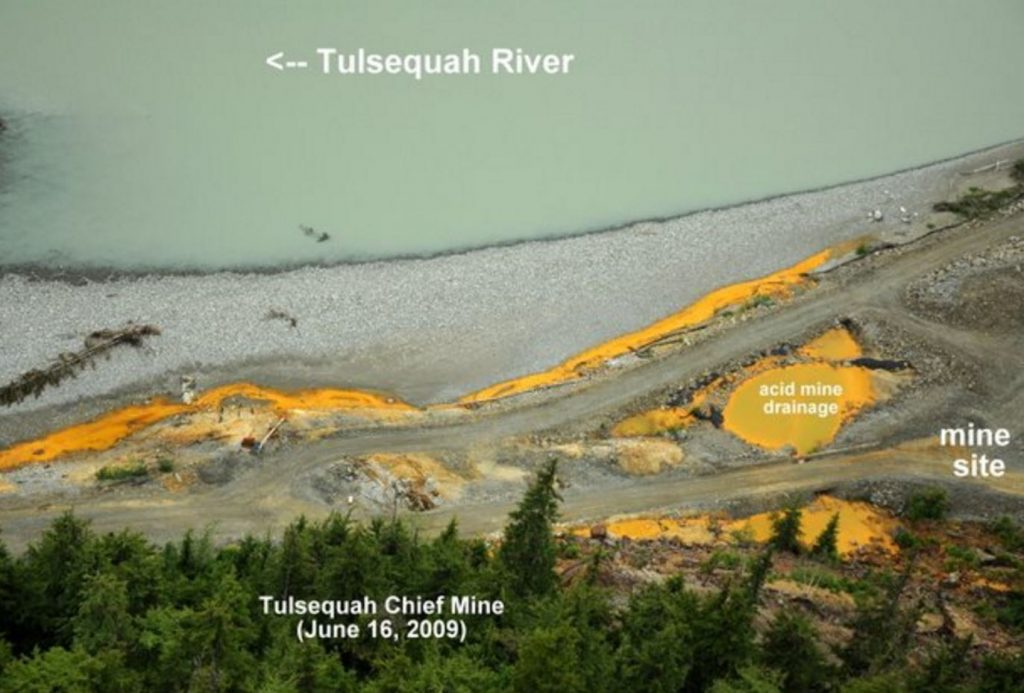
 Tulsequah Chief mine property, June 2009. (Credit: Rivers Without Borders)[/caption]
BRITISH COLUMBIA – Black Loon Metals, a private company, has reportedly backed away from a deal to purchase the former Tulsequah Chief copper-zinc mine 100 km south of Atlin.
The mine was closed 60 years ago, but acid drainage continues to pollute the Tulsequah and Taku rivers that flow across British Columbia’s border with Alaska. The Alaska government has repeatedly called on the province to clean up the site because it is so close to salmon spawning waters.
The B.C. government released an aquatic and ecological risk assessment last month with the determination that there are unacceptable risks from the ongoing acid mine drainage. But merely assessing a problem is not the same as solving it.
Tulsequah Chief has become one of the orphaned mining sites for which no one wants to take responsibility. It has had two owners in recent years. Redfern Resources, through its Redcorp subsidiary, explored the property until it declared creditor protection in March 2009. The property was then picked up by Chieftain Metals, who took it to the development stage. But then, Chieftain was forced into creditor protection in 2015.
Both Redfern and Chieftain were bound to post closure bonds for the project, but somehow going bankrupt seems to have gotten them both off the hook. Nothing has been cleaned up.
In 2014, Chieftain published a 43-101 report for Tulsequah Chief and Big Bull deposits. It claimed that the property has measured and indicated resources of 6.8 million tonnes averaging 1.3% copper, 6.7% zinc, 1.3% lead plus recoverable gold and silver. There is also an inferred resource of 1.9 million tonnes at 0.5% copper, 4.5% zinc, 1.3% lead, gold and silver.
(With files from Rivers Without Borders,
Tulsequah Chief mine property, June 2009. (Credit: Rivers Without Borders)[/caption]
BRITISH COLUMBIA – Black Loon Metals, a private company, has reportedly backed away from a deal to purchase the former Tulsequah Chief copper-zinc mine 100 km south of Atlin.
The mine was closed 60 years ago, but acid drainage continues to pollute the Tulsequah and Taku rivers that flow across British Columbia’s border with Alaska. The Alaska government has repeatedly called on the province to clean up the site because it is so close to salmon spawning waters.
The B.C. government released an aquatic and ecological risk assessment last month with the determination that there are unacceptable risks from the ongoing acid mine drainage. But merely assessing a problem is not the same as solving it.
Tulsequah Chief has become one of the orphaned mining sites for which no one wants to take responsibility. It has had two owners in recent years. Redfern Resources, through its Redcorp subsidiary, explored the property until it declared creditor protection in March 2009. The property was then picked up by Chieftain Metals, who took it to the development stage. But then, Chieftain was forced into creditor protection in 2015.
Both Redfern and Chieftain were bound to post closure bonds for the project, but somehow going bankrupt seems to have gotten them both off the hook. Nothing has been cleaned up.
In 2014, Chieftain published a 43-101 report for Tulsequah Chief and Big Bull deposits. It claimed that the property has measured and indicated resources of 6.8 million tonnes averaging 1.3% copper, 6.7% zinc, 1.3% lead plus recoverable gold and silver. There is also an inferred resource of 1.9 million tonnes at 0.5% copper, 4.5% zinc, 1.3% lead, gold and silver.
(With files from Rivers Without Borders, 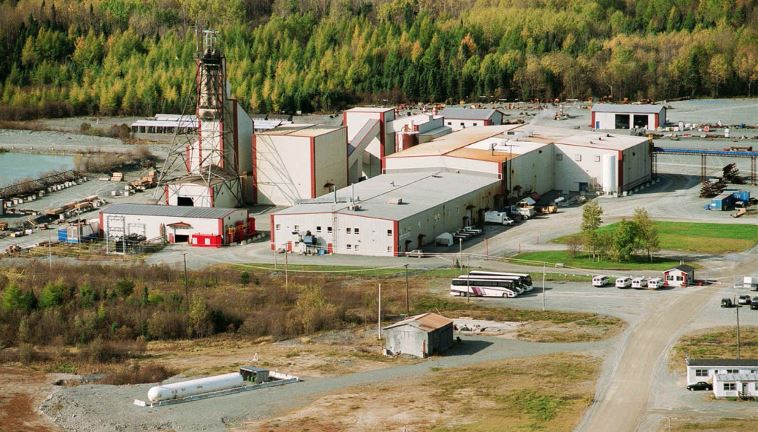
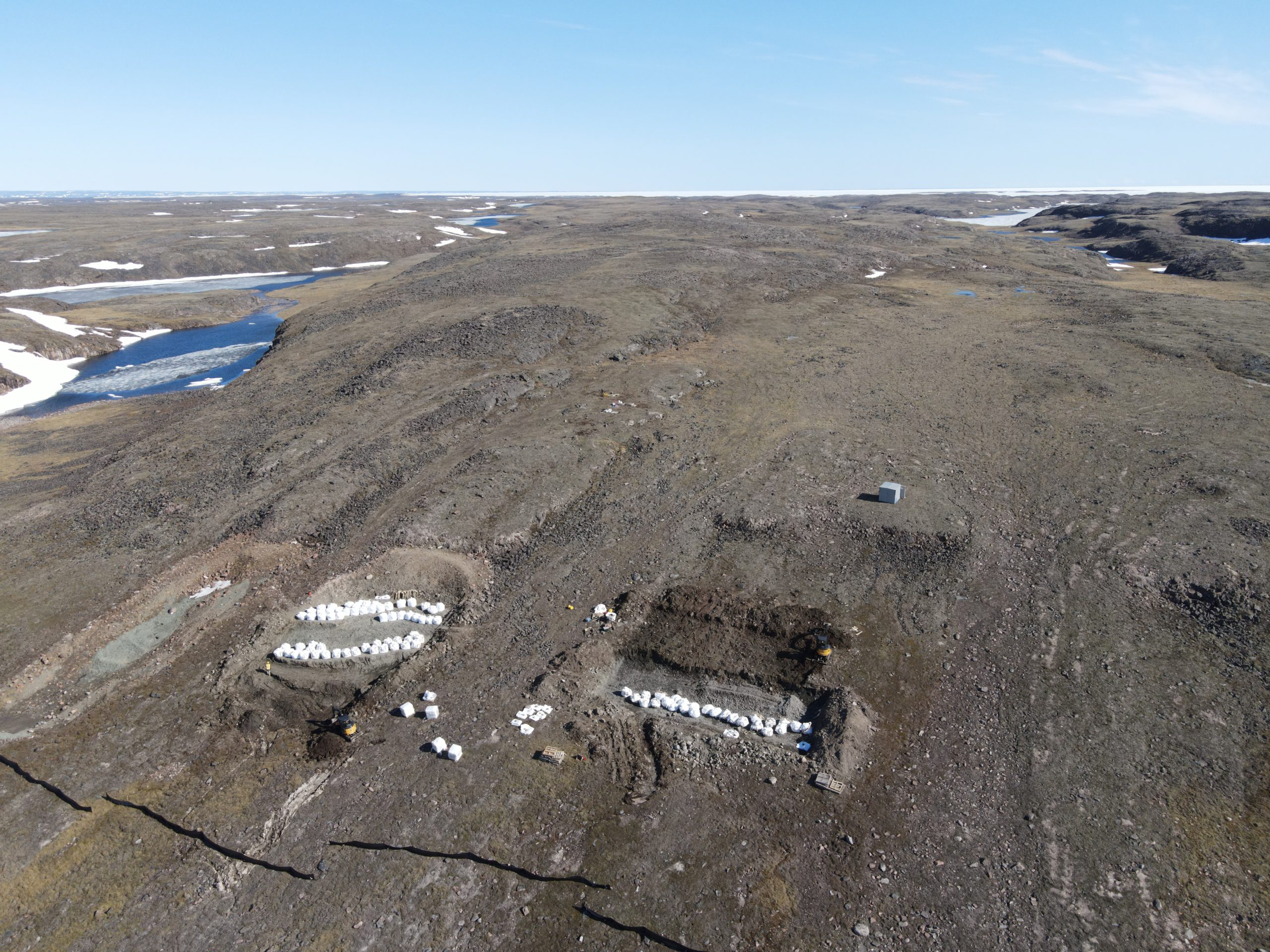
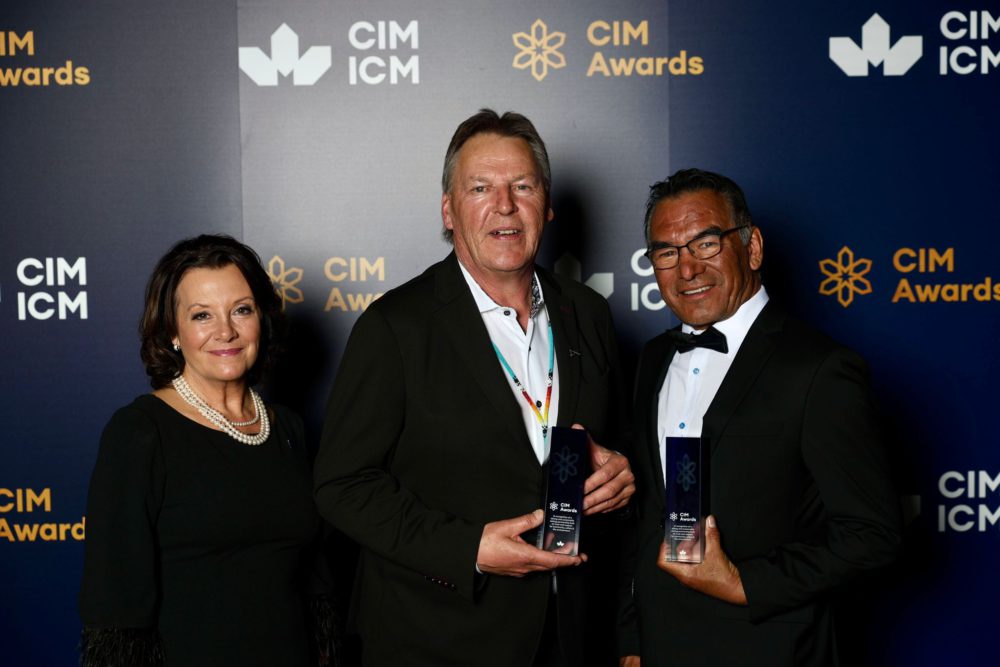
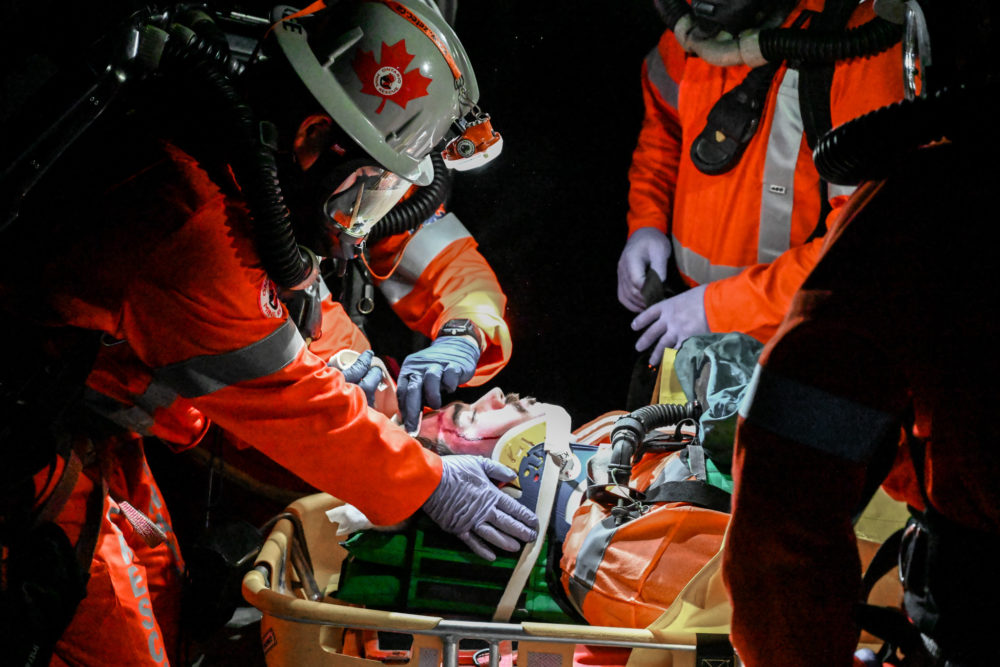
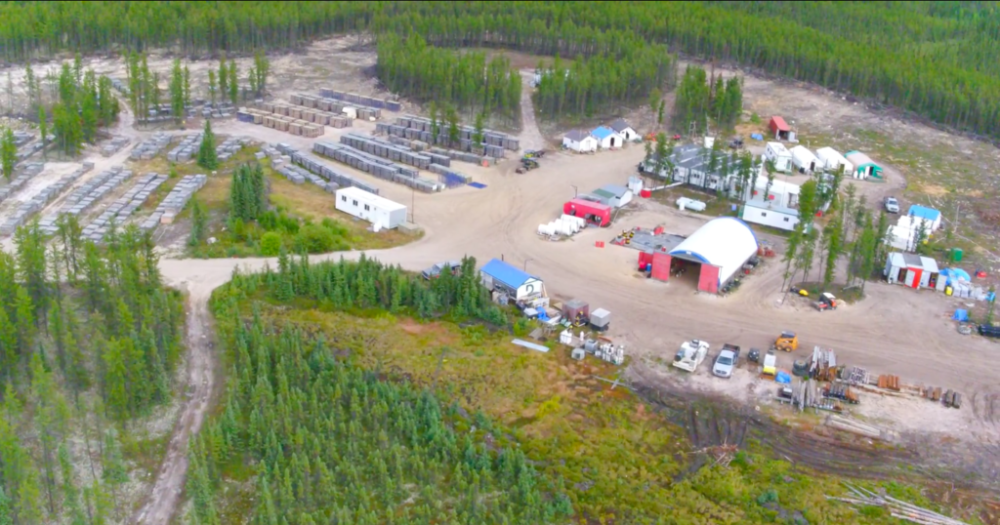
Comments